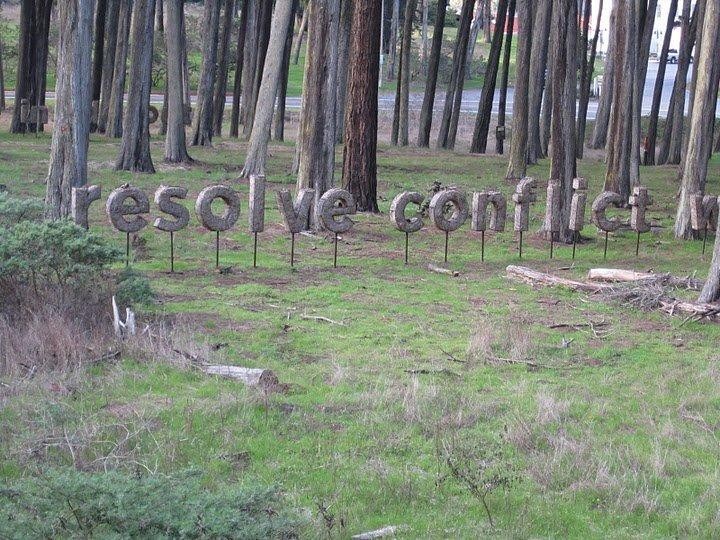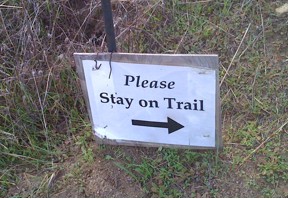When we think of the most important issue in business, we always come back to customer service. In every consultation, workshop or class, we ask two questions and get amazingly similar results:
• What small businesses do you like to do business with?
• What small businesses do you NOT like to business with?
What is the common answer: It is good (or bad) customer service. Customers, clients, vendors and professionals all want to do business with businesses and business owners they like – that treat them well, give excellent service and follow-up and have consistent and fair policies for exchange.

Now, it is ALSO important that businesses offer excellent and effective products or the services the customer really wants, that the price is fair, that the location (retail or on-line) is convenient and the information is clear and consistent. The people providing the service must be qualified and come well recommended. BUT, to get repeat business and referrals – the business owner and staff MUST pay attention to customer service!
As business owners, we do NOT want any of the following to happen:
• A client or customer calling about a “late” delivery before you get a chance to call first
• Finding out that the “wrong” information was provided without correction for the client
• That you failed to follow-up on a request for additional information as promised
• That a client was left on hold without appropriate information of what to do or where to go next
• That the client finds that the service does not work as promised and cannot reach someone to complain or get help and support
A negative buying experience (and the results from thousands of students in classes and workshops) is almost always linked to “lousy and shoddy” customer service. Good customer service is essential for all businesses to exist for the long-term! Being able to provide it with all transactions and on a consistent basis is not just possible but must be essential for small business owners.
Here is some basic behavior we need to have as small businesses. This is directed by the owner and needs to be followed consistently if there is really going to be a commitment (by owners and managers) to customer service.
1. Commitment to quality service.
Everyone in the business is committed to creating a positive experience for the customer. The goal should always be “exceed customer’s expectations”. This should happen on every encounter – from the first point of contact and throughout the period of service. It should be included in the follow-up reminder in person, by phone or on-line.
2. Know your products and your policies.
You and everyone who works for you must know what they are doing – know about your product line or your service offerings – in order to gain and keep a customer’s trust and confidence. There should be complete clarity on what you offer, what guarantees you give and what would be done if there was any error or mistake made in the process!
3. Know your customers.
The objective of every small business is to “get and keep customers.” To do this, you need to know everything you can about your customers. Talk to people and listen to what they say so you can prepare in advance for any key issues. If there ever is a problem, get to the core of customer dissatisfaction BEFORE it happens.
4. Treat people with courtesy and respect.
Every contact with a customer — by email, phone, and letter, casual contact or face-to-face meeting — leaves an impression. The impression is often stronger than the service being offered. If you can “manage the impression”, you can affect the customer’s behavior! Always focus on how to fix any issue that “went wrong” Most customers will do business with you again if you resolve a complaint in their favor. They often become your advocate!
Customers want immediate resolution, and if you can give it to them, you’ll probably win their repeat business. Research shows that 95 percent of dissatisfied customers will do business with a company again if their complaint is resolved on the spot.
5. Always provide what you promise.
Fail to do this and you’ll lose credibility — and customers. If you guarantee a quote within 24 hours, get the quote out in a day or less. If you can’t make good on your promise, apologize to the customer and offer some type of compensation or restitution. Stay in touch and “get back to them.”
6. Focus on making customers, not making sales
Remember that keeping a customer’s business is more important than closing a sale. Research shows that it costs six times more to attract a new customer than it does to keep an existing one. You need to keep the client – and not always make the sale. Referrals work too!
7. Make it easy to buy.
The buying experience in your store, on your website or through your catalog should be as easy as possible. Eliminate unnecessary paperwork, help people find what they need, explain how products work, and do whatever you can to facilitate transactions. Make it an effortless and pleasant experience so that people will tell others, and will come back.
To be competitive and stay in business within these economic times, we need to treat our clients, customers and vendors with respect. They are our stakeholders and we need their loyalty, referrals and repeat business to stay and thrive in business. “At your service” is a practice without question.

 On Thursday May 9th a very happy crowd gathered at the Marine’s Memorial Club in San Francisco for the
On Thursday May 9th a very happy crowd gathered at the Marine’s Memorial Club in San Francisco for the 







